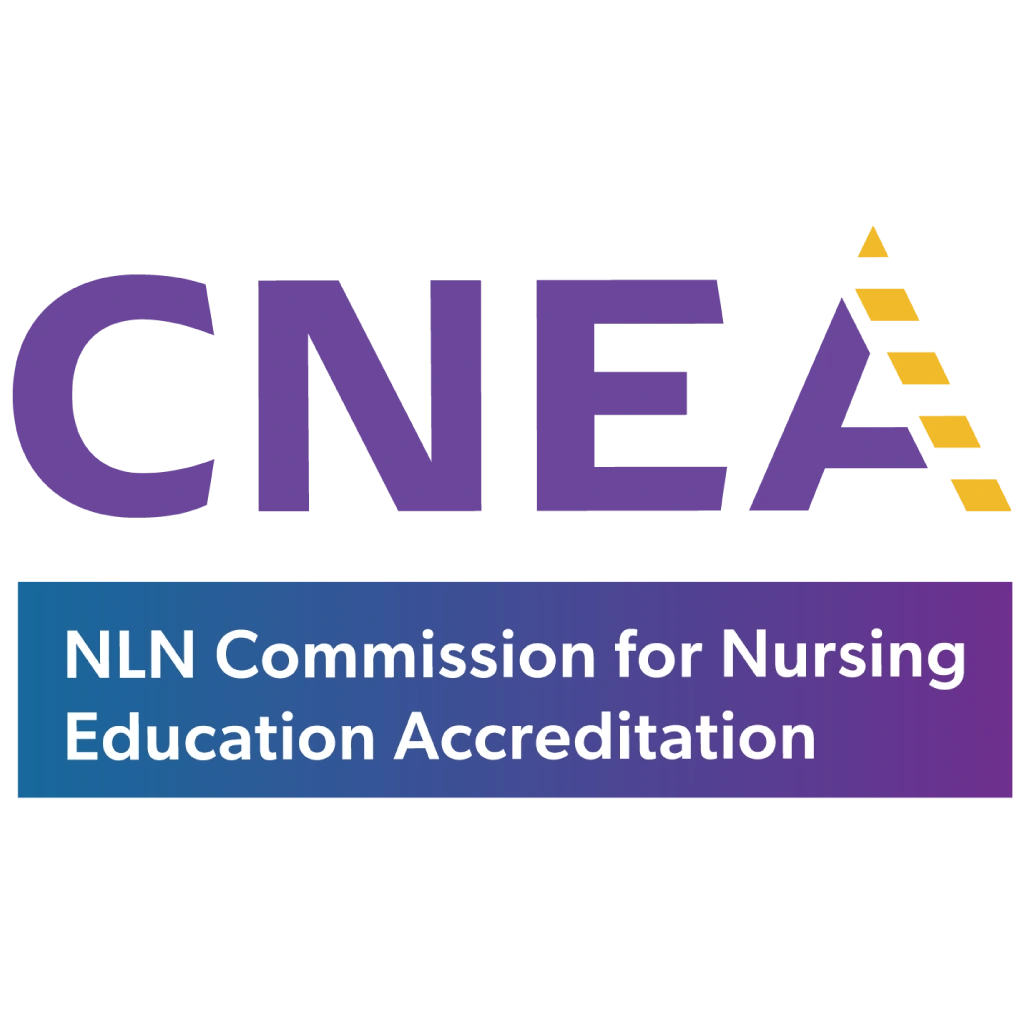Accreditation ensures a quality baseline for nursing programs by evaluating practices, curricula, assignments, and methods for compliance with state and national standards. An accredited nursing program prepares students to provide quality, safe care after graduation.
Here’s what you need to know to ensure your program meets the highest standards of excellence.
Recognized Nursing Accrediting Bodies
The 3 main accrediting bodies for pre-licensure nursing programs in the United States are the Accreditation Commission for Education in Nursing (ACEN), the Commission on Collegiate Nursing Education (CCNE), and the National League for Nursing (NLN), which was introduced in 2021.
What Is the Difference Between ACEN, CCNE, and NLN Accreditation?
ACEN, CCNE, and NLN are all recognized by the U.S. Department of Education as national accreditation programs. However, there are some key differences between these accrediting bodies and the programs they certify. Together, these organizations accredit nursing programs in alignment with current healthcare standards to shape modern education.
| Feature | ACEN | CCNE | NLN |
|---|---|---|---|
| Full Name | Accreditation Commission for Education in Nursing | Commission on Collegiate Nursing Education | National League for Nursing Commission for Nursing Education Accreditation |
| Accredited Program Types | All nursing program levels, including practical, diploma, associate, baccalaureate, master’s, doctoral, and transition | Bachelor’s and master’s degree programs only | Practical/vocational, diploma (RN), associate, baccalaureate, master’s, and doctoral programs |
| Recognition | U.S. Department of Education and Council for Higher Education Accreditation (CHEA) | U.S. Department of Education | U.S. Department of Education |
| Program Scope | 1,400+ domestic and international programs | Primarily U.S. programs | 115 U.S. programs in 29 states |
| Additional Information |
|
|
|
Competency-Based Nursing Education
Modern nursing is moving toward a competency-based education (CBE) method. CBE focuses on students mastering essential skills, knowledge, and abilities for practice, prioritizing outcomes over a fixed curriculum or schedule. This model highlights measurable results and applies knowledge in real-world settings.
AACN Essentials and Competency-Based Learning
The AACN Essentials standardizes competencies across all nursing programs. The 10 featured domains align curricula with 21st-century healthcare needs to prepare graduates for future demands.
10 Featured Domains:
- Knowledge for Nursing Practice
- Person-centered Care
- Population Health
- Scholarship for the Nursing Discipline
- Quality and Safety
- Interprofessional Partnerships
- Systems-Based Practice
- Informatics and Healthcare Technologies
- Professionalism
- Personal, Professional, and Leadership Development
Professional Nursing Practice Concepts
Integrating these concepts into your curriculum ensures that students are prepared to enter clinical practice in an astute, moral, and compassionate manner while helping your institution align with the high-quality standards required for accredited nursing programs.
Clinical Judgment
Communication
Compassionate Care
Diversity
Equity and Inclusion
Ethics
Evidence-Based Practice
Health Policy
Social Detriments of Health
Accreditation Resources
Explore the resources below for practical tips and tools to help align your nursing program with the new AACN Essentials and accreditation requirements. These materials are designed to support you in preparing your students for the demands of 21st-century nursing practice.
How UWorld Nursing's Resources Can Help Competency-Based Programs Succeed
Download NowCompetency-Based Education: Tips and Tools for Transforming Your Nursing Curriculum.
View Recording







